0 comments
Drought is now a huge issue throughout Australia, with many areas of Australia currently facing severe rainfall deficiencies. For the southern half of Australia, the period from January to July 2019 was the driest start to the year on record.
Drought is now a huge issue throughout Australia, with many areas of Australia currently facing severe rainfall deficiencies. For the southern half of Australia, the period from January to July 2019 was the driest start to the year on record. Since Sydney’s last drought, it’s become common to see greywater systems incorporated into new home developments. While retrofitting these sorts of systems comes with considerable costs, reusing greywater doesn’t need to be expensive. Greywater is becoming a common term in the household. But what is greywater? It is the run off or waste water from our household showers, baths, spas, hand basins, laundry tubs and washing machines and is as an excellent way of conserving water by diverting it into our gardens and lawns. It is not water that has come into contact with feces, either from the toilet or from washing nappies, but it may contain traces of dirt, food, grease, hair, and certain household cleaning products. But how well do you know the content of the greywater that’s coming from your washing machines and bathroom into your garden? Did you know that the presence of toxic ingredients in your laundry products can make your greywater harmful to plants and may cause phosphorous toxicity and sodium issues? As typical greywater is reused for irrigating our plants and gardens, it is important to be aware of the content our household products have. At Euca, we not only create products for better and safer cleaning, but also eco-friendly and greywater safe laundry and cleaning products. If you want safe greywater that you can confidently re-purpose, you need to check your laundry and cleaning products for the following:
Salts
Salts present in laundry detergents make the products highly saline. It has detrimental effects to both plants and soil, affecting its permeability and structural stability.
Phosphorous
Australian soil is not used to high levels of phosphorous. So high amounts present in your waterways can pose risks to some native plant species. It can lead to overwhelming algae growth which causes toxic algal blooms.
Ph/Alkalinity
Most laundry detergents and cleaning products are high in alkaline. Since our biological systems prefer a pH level of between 6 and 9, greywater with a high pH can be detrimental to the soil’s pH with repeated application and can cause iron deficiency in plants.
Bleaches, Disinfectants and other Chemical Components
Your cleaning products and other household essentials such as soaps, shampoo and body wash may contain chemical components that make your greywater polluted and not safe for your garden. Euca's ecofriendly laundry and cleaning products have undergone an intense series of tests from the Lanfax Laboratory to ensure they only contain the lowest possible trace of elements associated with environmental degradation.
What makes EUCA products greywater safe?
- The percentage of phosphate used in our range of laundry and cleaning products is low, which makes it environment friendly and readily degradable.
- Our products contain 35 times fewer salts than any brands in the market.
- EUCA liquid products do not contain any phosphorous and sodium sulphate at all.
- EUCA laundry powder is extremely low in phosphorous and sulphur.
- Both our range of laundry powder and liquid detergents are 100% soluble all the time.
Greywater is great, and when done correctly, it can help conserve our precious drinking water. If every household in Australia including yours was to use greywater safe laundry and cleaning products, you can have safer greywater readily available for reuse all throughout the year, especially in the times of low rainfall and water restrictions. Australia is a big, geographically diverse, hot, dry country so water will always be a challenge for us. Be an advocate for the environment. Choose products that are safe, natural, and brings positive impact to the community and why not consider greywater and do you part to help conserve our precious water!




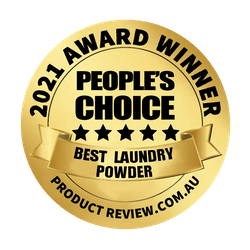
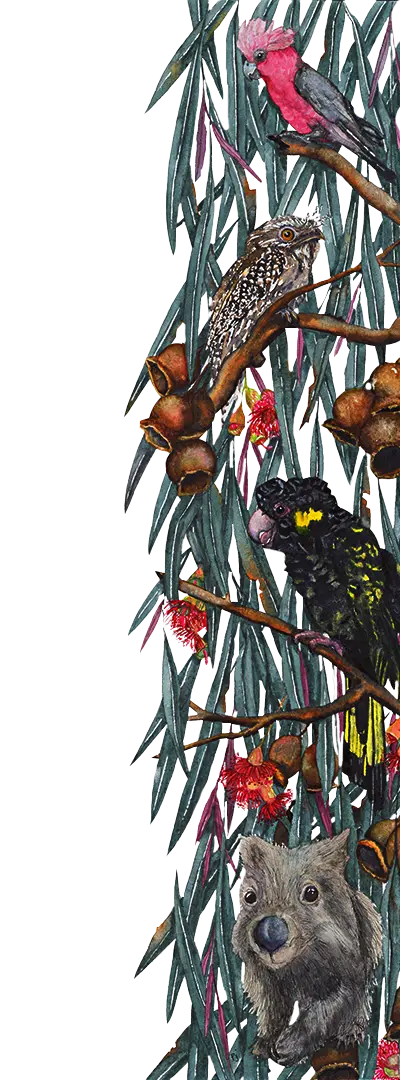
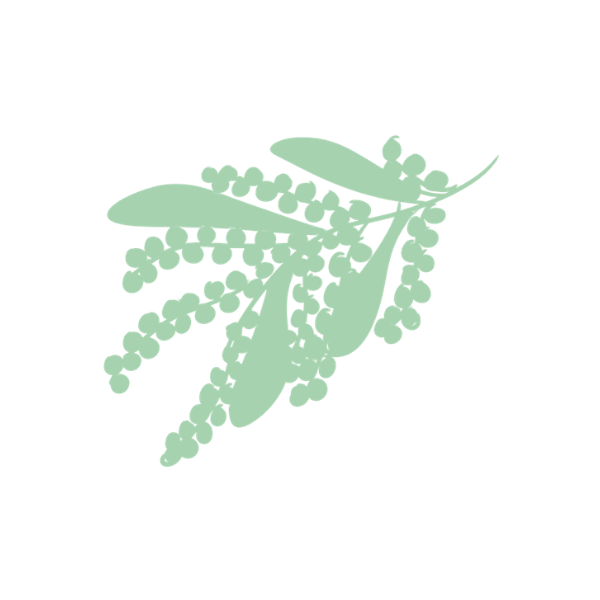

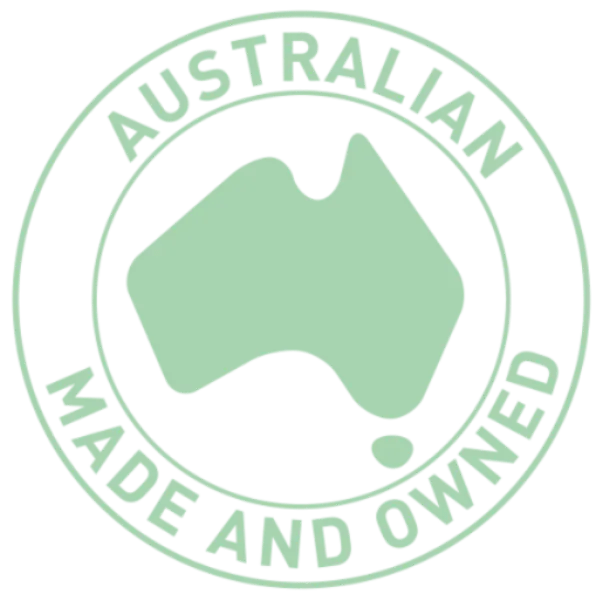

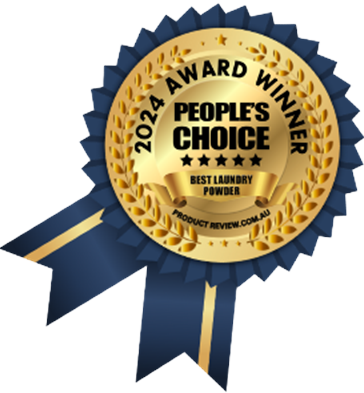



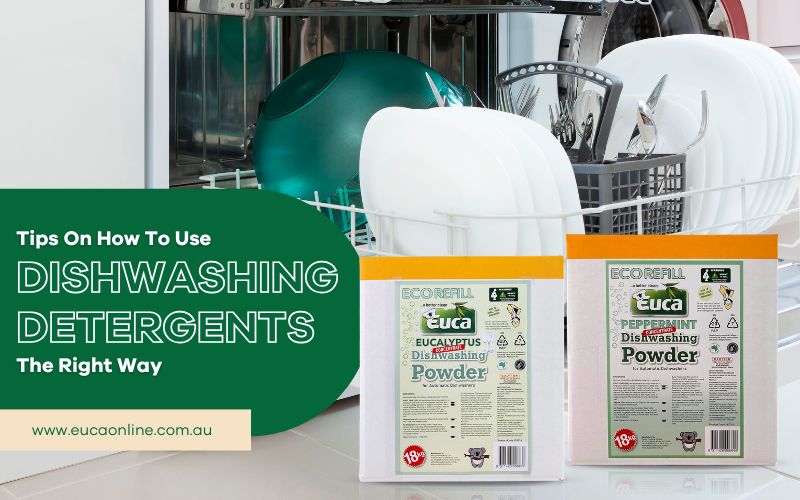
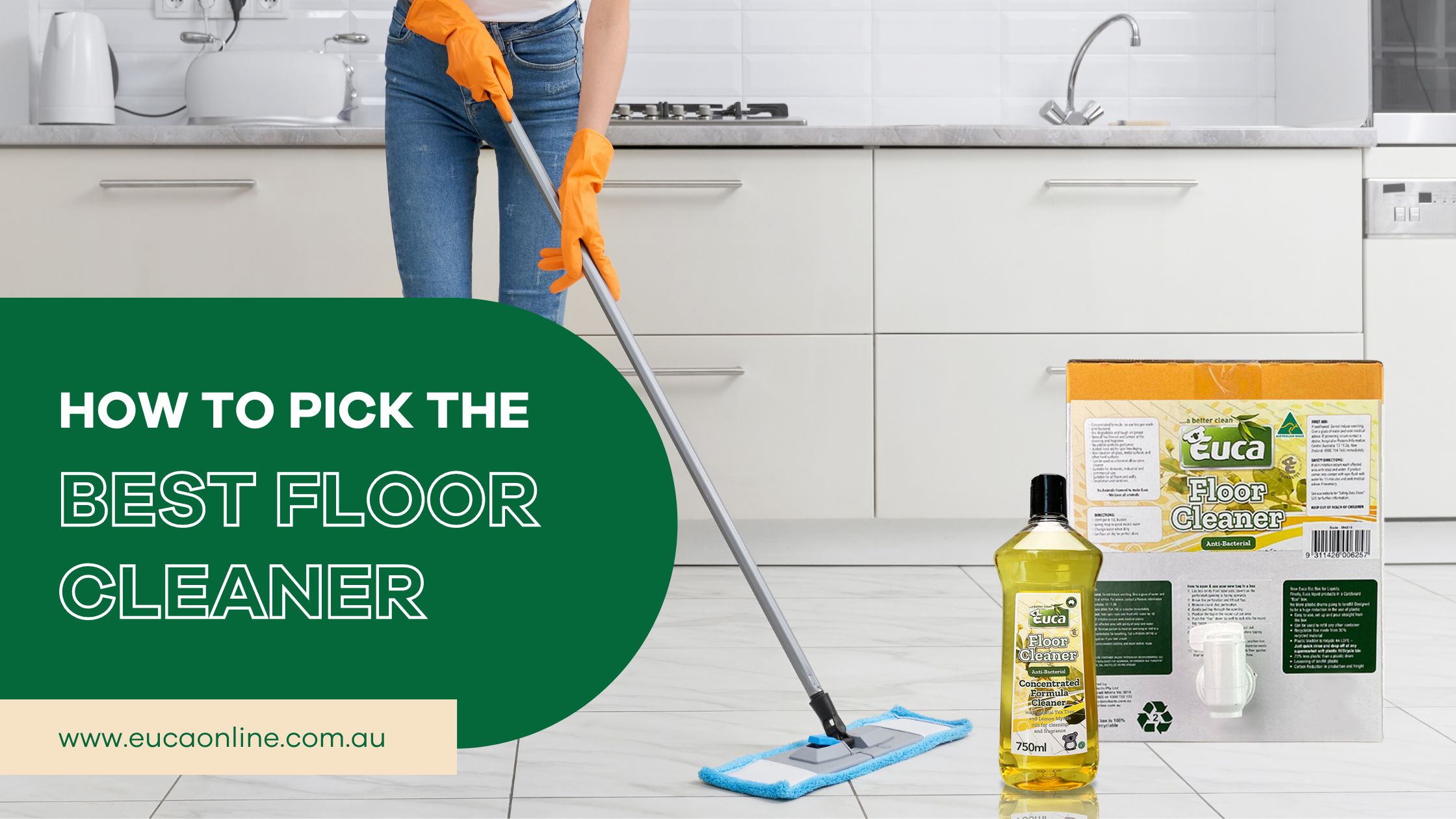


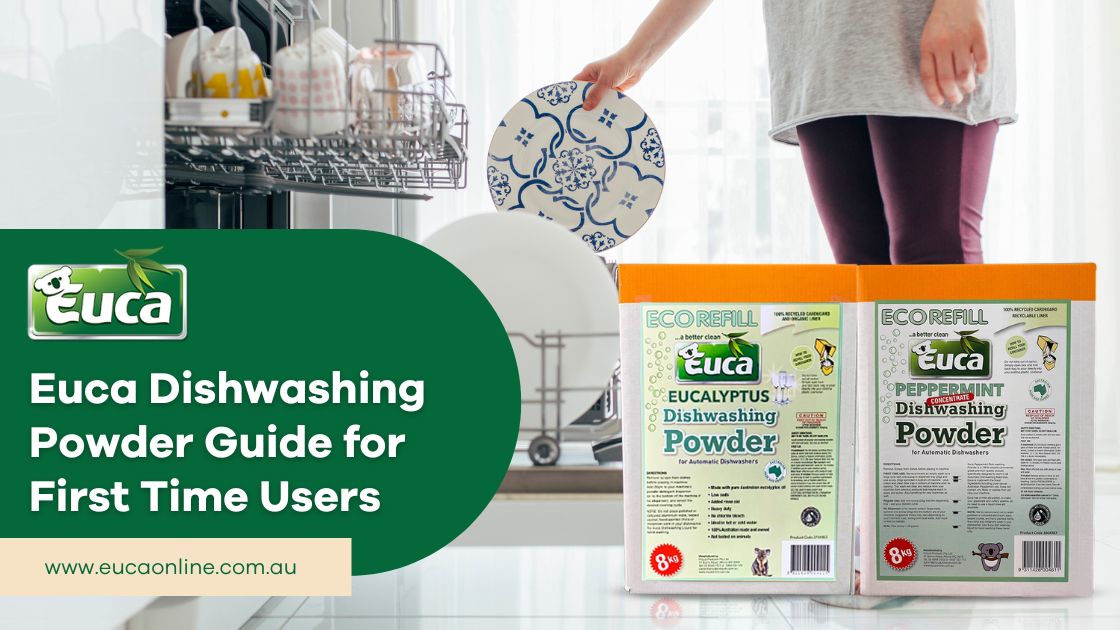















Write a comment